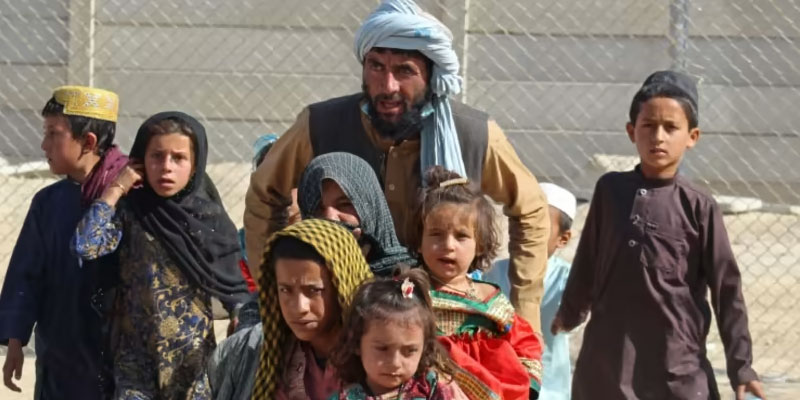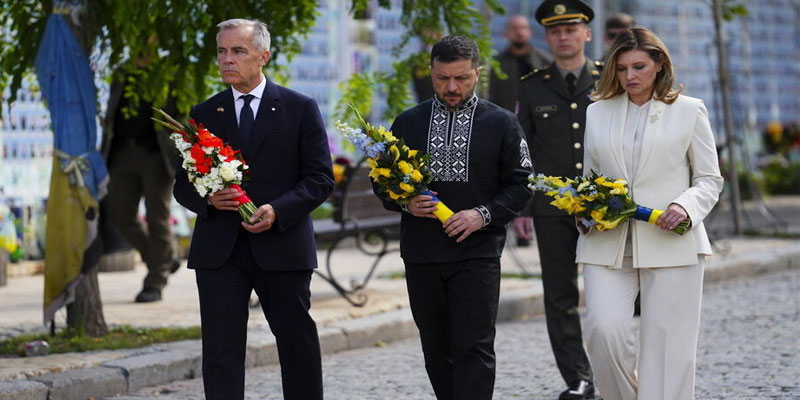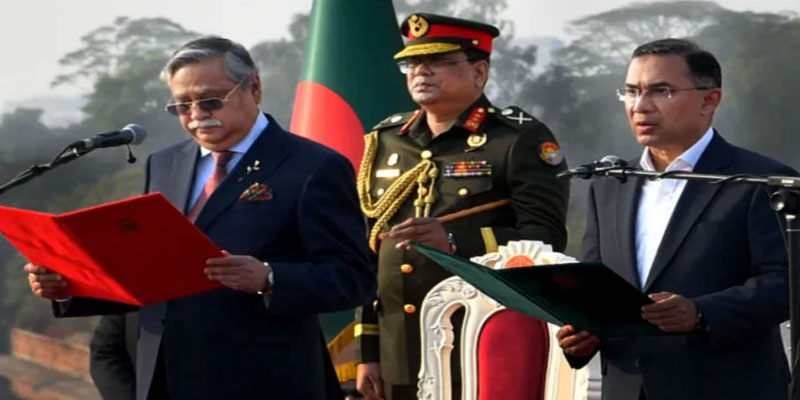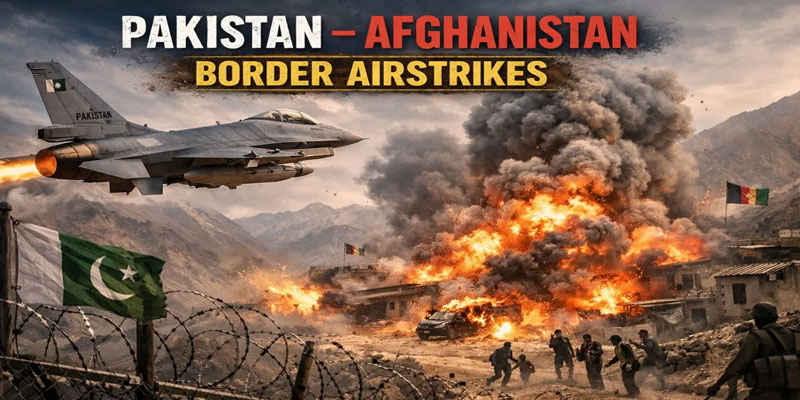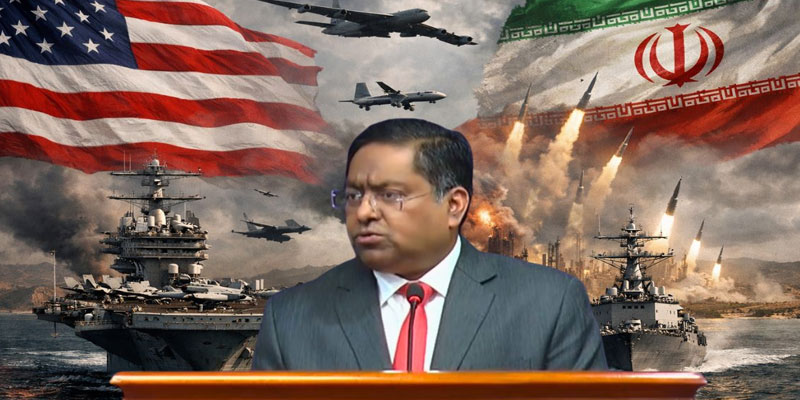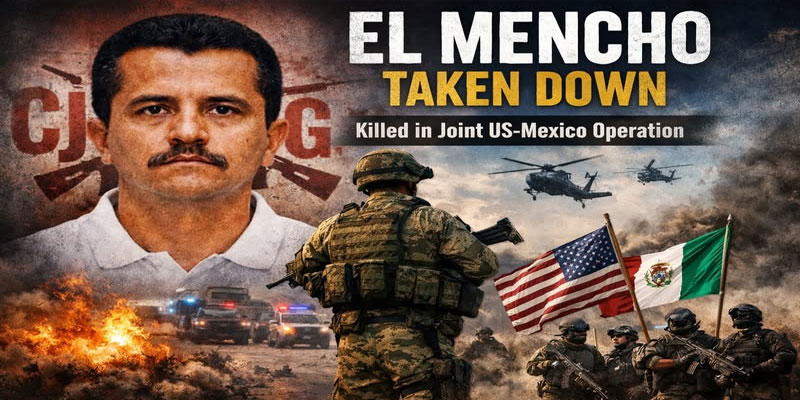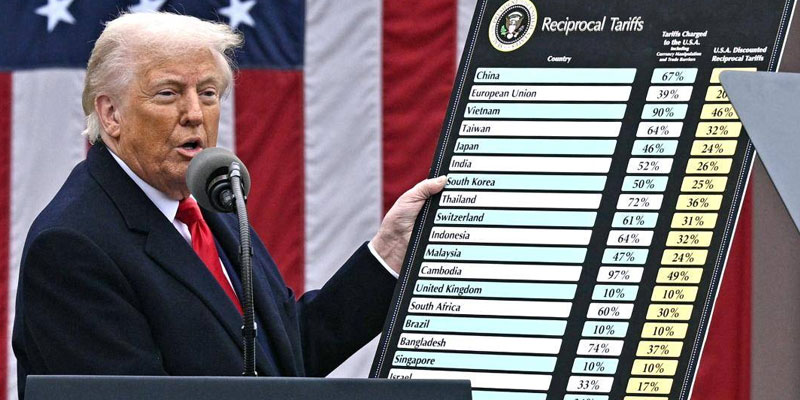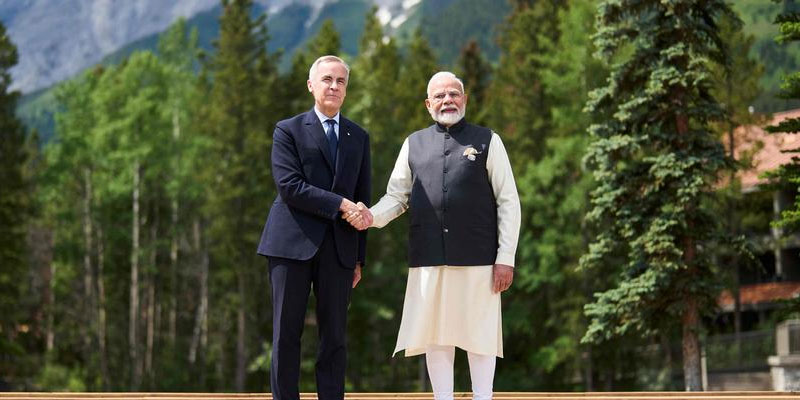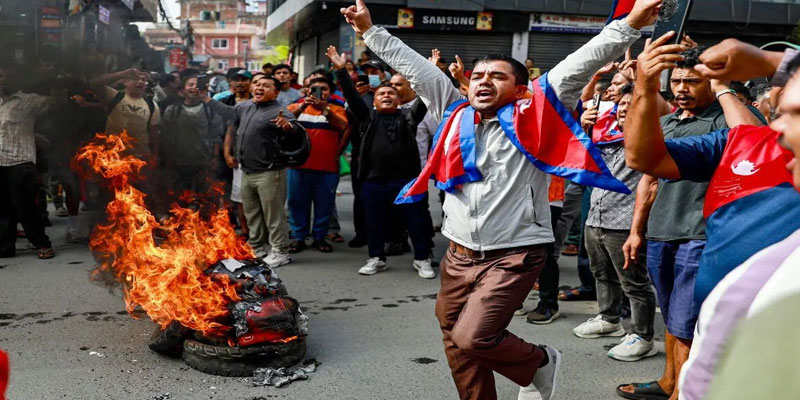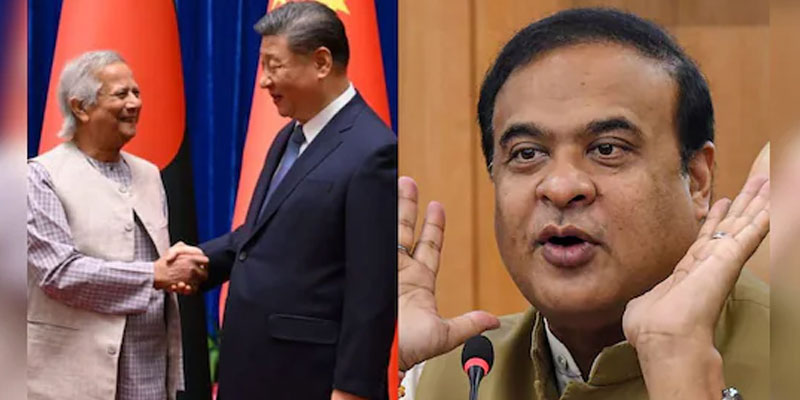Safe Passage Amid Crisis: Iran Agrees to Evacuate Indian Students
Amid escalating hostilities between Iran and Israel, Iran has officially agreed to facilitate the evacuation of Indian nationals, including over 1,500 Indian students stranded in various cities. While Iranian airspace remains closed due to the conflict, Tehran confirmed that all land borders are open and has extended full cooperation to India for the safe exit of civilians and diplomats.
Iran’s Foreign Ministry, responding to India’s request, stated it is ready to assist and asked for the specific details of evacuees, such as passport numbers, vehicle information, and chosen border points, to ensure smooth transit. India’s diplomatic mission is actively coordinating with Iranian authorities to organize safe departures in a rapidly deteriorating security environment.
War Zone Reality: Iran-Israel Conflict and Indian Students at Risk
The evacuation request comes in the wake of a dramatic escalation in the Iran-Israel conflict, which erupted into open warfare last week. In a devastating first strike, Israel’s “Operation Rising Lion” targeted Iran’s top military brass and nuclear facilities. Iran swiftly retaliated with a barrage of missiles, plunging the region into full-scale conflict.
Caught in the middle are thousands of Indian nationals, including students, workers, and families, particularly concentrated in cities like Qom, Mashhad, and Tehran. A majority of the affected students hail from Jammu and Kashmir, pursuing religious and academic studies in Iranian institutions. With the situation deteriorating, their safety and potential evacuation have become urgent national concerns.
The Indian Ministry of External Affairs confirmed that students are being moved to safer zones within Iran, and “other feasible options” are under active consideration. Continuous communication between the Indian Embassy in Tehran and local Indian nationals is being maintained, with advisories urging vigilance, limited movement, and adherence to all safety protocols.
Diplomatic Coordination: Crisis Management in Real Time
The evacuation planning reflects a delicate diplomatic and logistical challenge. Iran’s statement emphasized the need for coordination and advance notice, suggesting the situation remains volatile but manageable. India has responded proactively, issuing advisories, deploying contingency plans, and ensuring its citizens are not left in the dark.
The Indian Embassy’s online outreach, including Google forms for registration and a dedicated Telegram channel, highlights the modern, tech-enabled approach to crisis response. Citizens are being encouraged to stay in touch digitally, avoid panic, and maintain close contact with embassy officials.
Crucially, Iran’s willingness to cooperate signals a positive turn in bilateral relations, even amidst chaos. Tehran’s readiness to accommodate India’s humanitarian concerns, despite being under attack, is noteworthy diplomacy at play.
Wider Impacts: Regional Tensions, Humanitarian Strain
This evacuation operation is unfolding in a landscape teetering on the edge of catastrophe. Israel’s continued threats of escalation and Iran’s fiery rhetoric about opening the “gates of hell” raise fears of prolonged conflict with international ramifications.
For India, the situation represents more than just an evacuation mission. It underscores the growing responsibilities of a global power to protect its diaspora and assert its diplomatic weight in turbulent regions. It also brings into sharp focus the fragility of global mobility—how students and workers can suddenly find themselves in the crosshairs of geopolitical crises.
Moreover, the evacuation of Indian nationals from a major war zone will likely test India’s crisis preparedness, influence future foreign policy decisions, and could have a lasting effect on how it engages with volatile regimes and conflict-prone regions.
Calm in Chaos, but the Clock is Ticking
India’s swift coordination with Iran and the latter’s prompt consent to facilitate evacuations signal hope amidst havoc. But with every passing hour, the risk to civilians grows. It is imperative that diplomatic agility is matched with operational speed.
The safety of over 1,500 Indian students now depends not just on open borders, but on decisive action, real-time intelligence, and flawless execution. As war rages, India must rise to the occasion—not just as an evacuator, but as a global actor whose citizens can count on their country, no matter where they are.
(With agency inputs)


